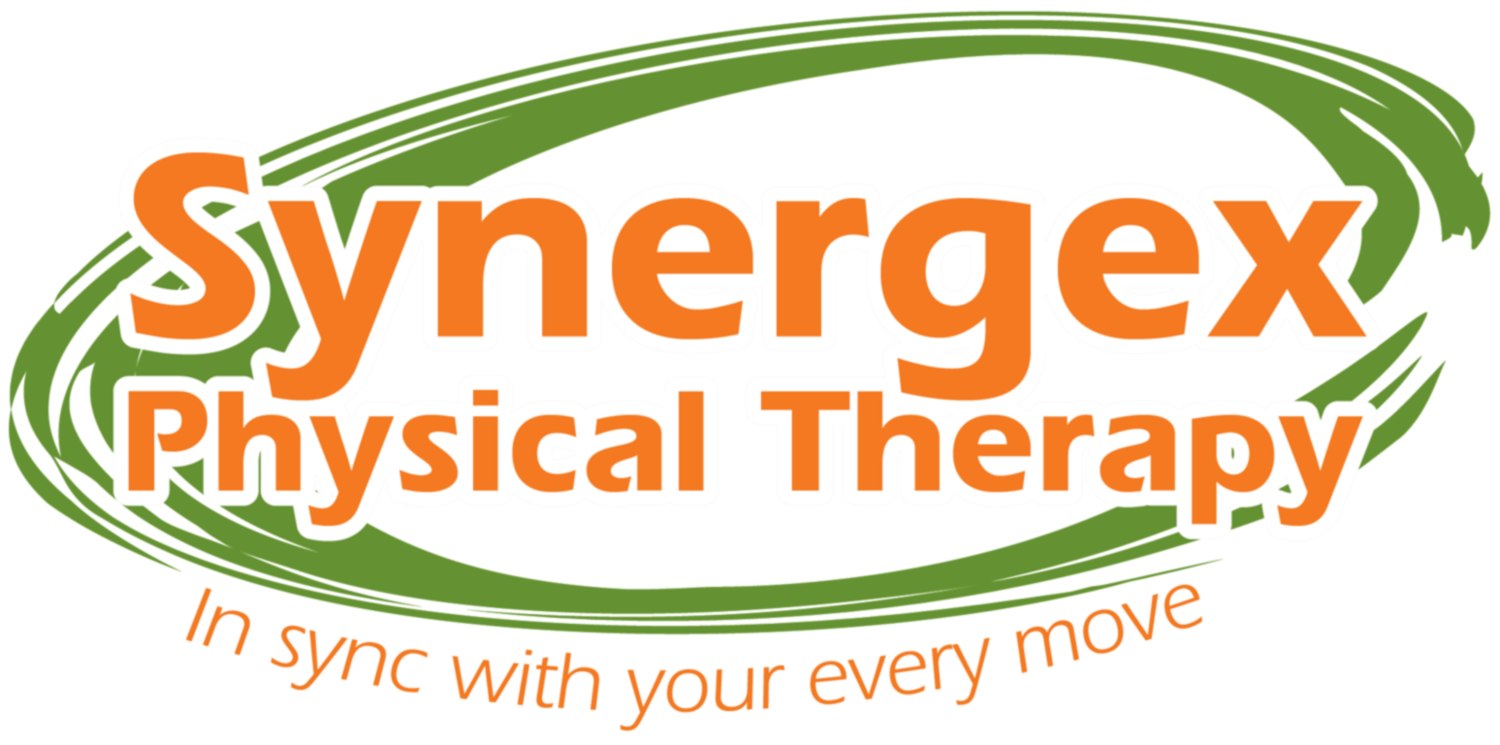Balance & Vestibular Rehab Therapy
Balance is our ability to maintain our body within our base of support whether you are standing or moving. Sounds very simple, however, many systems have to work together smoothly to maintain stability.
The Vestibular system is one of the critical components involved in maintaining balance and stability. It is comprised of sensors located in the inner ear with nerve circuits connecting to the eye muscles and the brain and spinal cord. Damage to any part of the sensors, their blood supply or the nerve circuits can disturb the balance mechanism.
What causes Vestibular issues
- Head injuries
- Sudden significant pressure changes
- Viral or Bacterial infection
- High doses or long term use of certain medications
- Disturbance of nerve or blood supply to certain parts of the brain or inner ear
What will you feel with a Vestibular condition
- Imbalance/ Unsteadiness
- Vertigo (Spinning sensation -either self or environment)
- Dizziness (Floating, rocking, lightheadedness)
- Blurred or bouncing vision
- Nausea
- Lack of co-ordination
- Clumsiness
- Fatigue
Vestibular Rehab Therapy can retrain the brain to improve balance and stability, decrease anxiety and improve your confidence in moving safely.
Physical Therapy is directed towards retraining the brain in adjusting to the neurological changes, improving gait and balance reactions and decreasing anxiety with the condition through education and adaptive behaviors
Testing in Physical Therapy
- Gait and Balance exam
Motion Sensitivity testing
Occulomotor/Eye response to movements
- Video nystagmography
Treatment
- Vestibular Rehab Therapy(VRT)- Canalith repositioning, Habituation exercises, Adaptation exercises, Gaze stabilization exercises
- Balance and Dynamic gait training
- Lifestyle changes
- Relaxation training
- Dietary changes
In conjunction with medications prescribed by your doctor and in some cases surgery.



